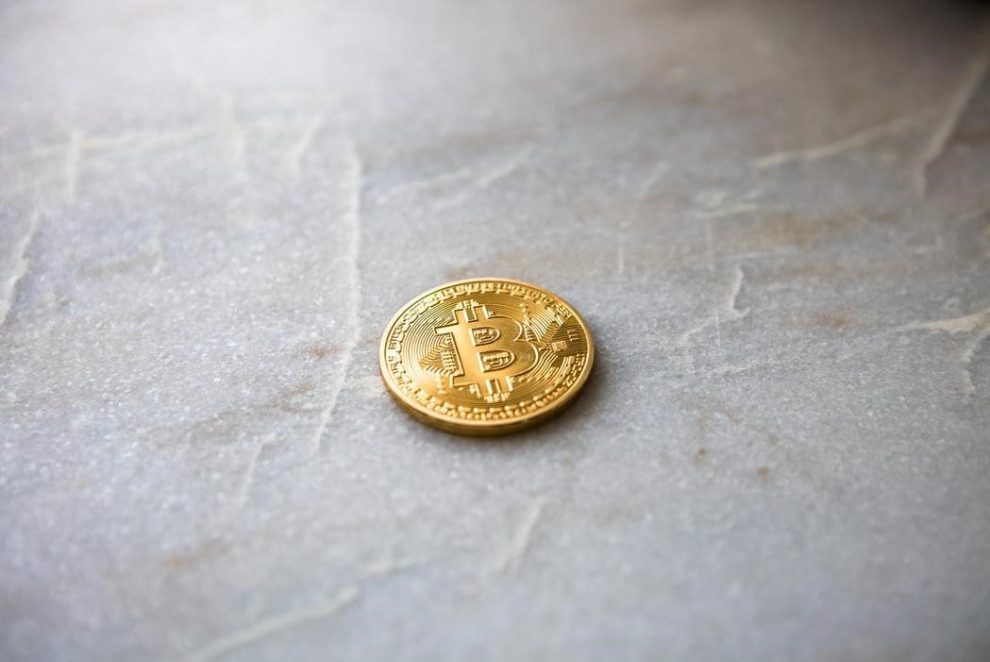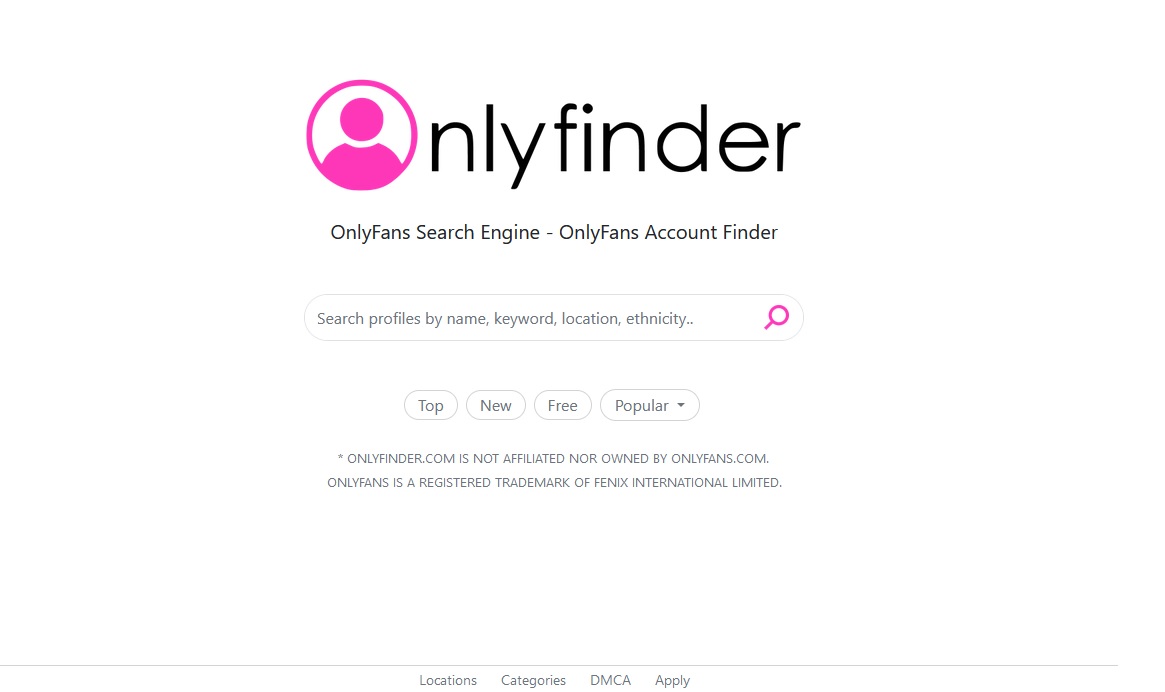First of all, let’s take a look at some critical information on why there are security measures in place for cryptocurrency exchanges.
- A tremendous amount of personally identifiable information is stored on crypto exchanges. From government identification, addresses and names to taxpayer-identification numbers, etc.
- Exchanges are in charge of handling vast amounts of money coming in and going out.
Financial authorities usually are on the watch for fraudulent cryptocurrency exchanges. Such an exchange has a definitive job of keeping the risk for its users close to zero and staying away from unlawful practices. As such, any given cryptocurrency exchange must have the appropriate licensing in place.
The main licensing points that cryptocurrency exchanges need to have are KYC (Know Your Customer) and ISO (International Organization for Standardization).
If you are looking to find a secure cryptocurrency exchange, you must research their licensing for such points.
What is KYC?
KYC is a practice mainly used by banks, but cryptocurrency exchanges took this practice for themselves. KYC is an identity verification procedure. This sounds like a marketing move from the eighties, but in reality, it is an essential practice that cryptocurrency exchanges use to abstain from fraudulent activities. In simpler terms, KYC is a procedure where the exchange (or bank) looks into information regarding you if you intend to use their services. Identity verification is one of such points, and it exists to be sure that you are not using their services for fraudulent activities, such as money laundering.
Cryptocurrency exchanges took this practice for themselves to fight individuals who want to take part in illegal money transactions. As such, cryptocurrency exchanges use the KYC procedures to ensure that none of their users are involved in malicious practices.
What is ISO?
ISO certification is in place to certify that a manufacturing process, documentation procedure, or service has all the necessary requirements for quality assurance and standardization. In simpler terms, an official Registrar performs the certification process. For a certain fee, they will visit the company and perform an audit. Their goal is to assure that everything in the company complies with the ISO certification. There are many types of ISO certifications, like ISO 9001, ISO 27001:2013, etc.
If you are wondering where or how to buy bitcoin (or other currencies) in a safe and reliable way, make sure that you look out for these indicators first.
What to do next?
After looking at the respective licenses, it is paramount that you question the following: is the team transparent? Do they have responsive support? Do they have social pages – check them for user activity and various comments. The task is simple – to question everything that an exchange portrays because we do not want you to lose money to various scams – which exist.
Following the information from this website, it becomes clear what type of security do cryptocurrency exchanges practice. The following list is information gathered from 140 cryptocurrency exchanges and checked for fundamental security issues that applications should impose.
| Security Best Practice | % |
| DDoS Protection | 80.58% |
| X-Frame-Options | 65.47% |
| Strict-Transport-Security | 39.57% |
| X-Content-Type-Options | 35.25% |
| X-XSS-Protection | 29.50% |
| Using Vulnerable libraries | 25.90% |
| Don’t Expose Server Information | 20.14% |
| Application Security Protection | 15.11% |
| Content-Security-Policy | 2.16% |
| Public-Key-Pins | 0.72% |
There are various safe exchanges out there, but there are also many exchanges that portray that they are safe, but alas.
Do your proper research, check for appropriate licensing, browse the internet for related information, and most probably, you will be safe from scammers.








Add Comment